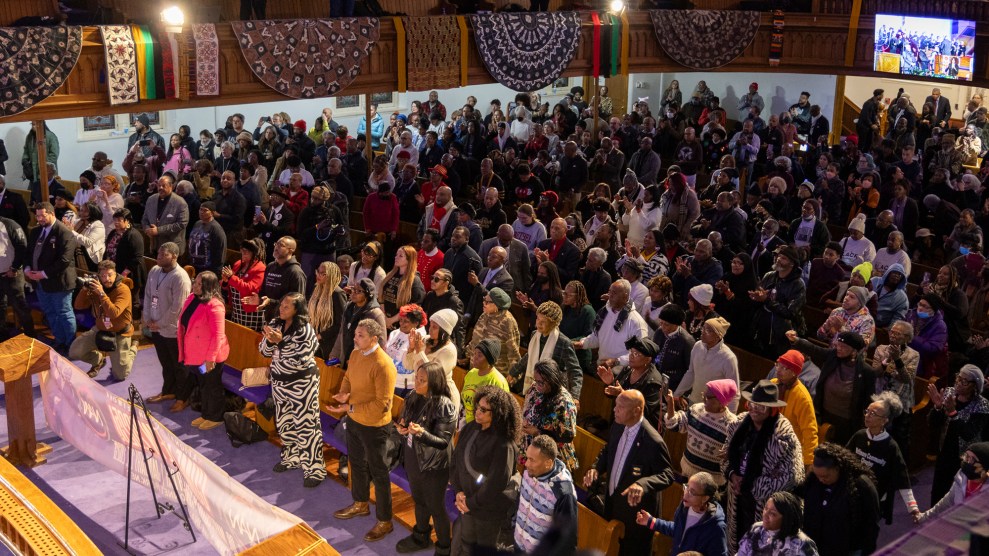If you’re reading this, you’ve probably never seen an episode of MTV’s new reality show ’16 and Pregnant’, the latest in Dr. Drew‘s collection of quality family entertainment. Reality, yes, but Jersey Shore it ain’t. Instead, 16 and Pregnant purports to show the ‘reality’ of teen pregnancy in America by filming the every simper and pout of pregnant teenagers from about the second trimester through the first few months of their new baby’s life. That means baby-daddy battles, lots of (teenage) temper tantrums, and distraught soon-to-be grandparents.
The show is heartrending, its genre of ‘reality’ closer to True Life than Real World (though Reality TV production values give it a vague air of the latter). Watching teen-mom-to-be Lori respond to the suggestion that an open adoption is ‘the best of both worlds’ by name-checking a Hannah Montana song really drives home the point that kids shouldn’t be parents. My first instinct was to applaud MTV’s unflinching portrait of one of the country’s most persistent problem–after all, we have the highest rate of teen pregnancy of any industrialized nation. Seeing the true cost of teen pregnancy and it’s aftermath up close and personal might make some viewers reconsider the pervasive (in some circles) perception of baby-as-teacup-Chihuahua-alternative. Better still, MTV does an excellent job of directing its teenage viewers to resources that might help them avoid pregnancy in the first place. Are we witnessing progressive, public-minded programing here?
Eh… some of ’16 and Pregnant”s more glaring omissions make me think perhaps not.
Consider the audience. The reason I’m guessing you haven’t seen ’16 and Pregnant’ has everything to do with the ads. MTV clearly knows where its eyes are coming from: GED and Internet accreditation courses dominate in ad minutes, followed closely by mail-order acne systems that ‘really work’–not New Yorker readers, these.
White teenagers from the suburbs are MTV’s cash cow–that’s no surprise. It’s also at least part of the reason that, with just two exceptions (Valerie, a black teenager adopted into a white family, and Samantha, a Latina teenager from Texas) every single one of the teen moms featured is white.
I’m as conflicted about the truth as I am about the lies. After all, black and Latina teens in big cities across the country already face an uphill battle against destructive stereotypes of sexual irresponsibility and unplanned motherhood. But they also carry by far the highest burden of teen pregnancy, with teen pregnancy rates of 126.3 per 1,000 and 126.6 per 1,000 respectively (the national pregnancy rate for white teenagers is roughly a third of either, at 44.0 per 1,000), an inconvenient truth MTV has apparently decided to ignore. The fact that most of the show’s protagonists also come from middle and upper-middle class suburban homes isn’t so honest either.
Ok, I get it. Like I said, MTV knows its audience, and maybe it makes sense to show white teenagers from big suburban fortresses other white teenagers from big suburban fortresses going through, you know, what they’re going through. And sure, the girls in the show never so much as utter the word ‘abortion’ (the abortion rate among pregnant teenagers is 19.3 per 1,000, for the record) except to say how strenuously they oppose it. MTV probably couldn’t get away with anything else.
But then there’s the subject of contraception. Contra-whatnow? A regular viewer would come away with the impression that none of these girls had heard of it. But then I watched this interview with MTV correspondent SuChin Pak and teen mom Leah in which Leah reveals that she was up to date with her Depo-Provera shots when she became pregnant with twins.
Come again?
Way back in the day when I worked at Planned Parenthood we used to push this on teenagers like it was a glass of milk with dinner. Depo is what my mother likes to call ‘compliance optional’. Sure, it can take up to three weeks to reach full efficacy, but almost all hormonal birth control methods do. And besides the obvious benefit that teenage girls don’t have to remember to take it every day, Depo isn’t nearly as vulnerable to drug interactions that might reduce its efficacy–unlike, say, the pill. Not only that, it’s one of the birth control methods MTV explicitly advocates. In short, if we believe her, Leah had no reason to think she would get pregnant. The important point isn’t that birth control fails (in fact, method failure is far less common than the right would like you to believe) but that sex ed fails when it begins and ends in a clinic a few weeks before prom.
To their credit, MTV has dedicated an entire spin-off site to this problem. And yet, I still have to wonder: How many of these girls were using some form of contraception when they got pregnant? And how many would have perhaps used that contraception more effectively if they’d had better sex-ed in school? These are not questions MTV has chosen to address, except obliquely with the teenagers on its show. And some might argue that’s an editorial choice. Fine–but when teen pregnancy rates are actually on the rise since achieving a historic low in 2005, at a time when the most open public discourse on the subject is a reality show on MTV, isn’t there at least some responsibility to tell the truth?
American school districts have accepted more than $1 billion dollars in the last decade to teach abstinence only sex-ed since 2000, and Bristol Palin (!!!) is our national spokeswoman against teen pregnancy. Sadly, ’16 and Pregnant’, however ingenious and brave, ends up being a lot more of the same.
















